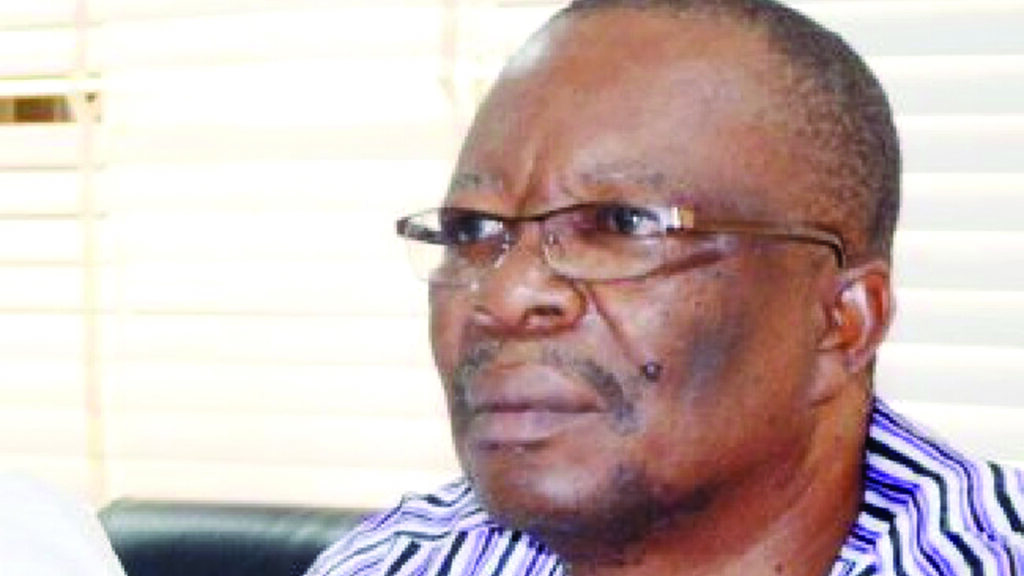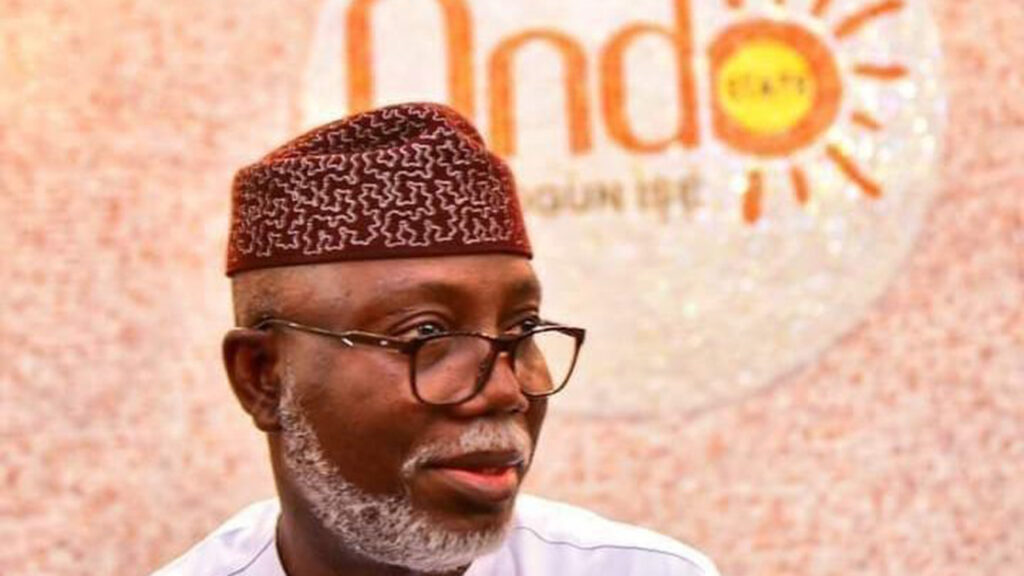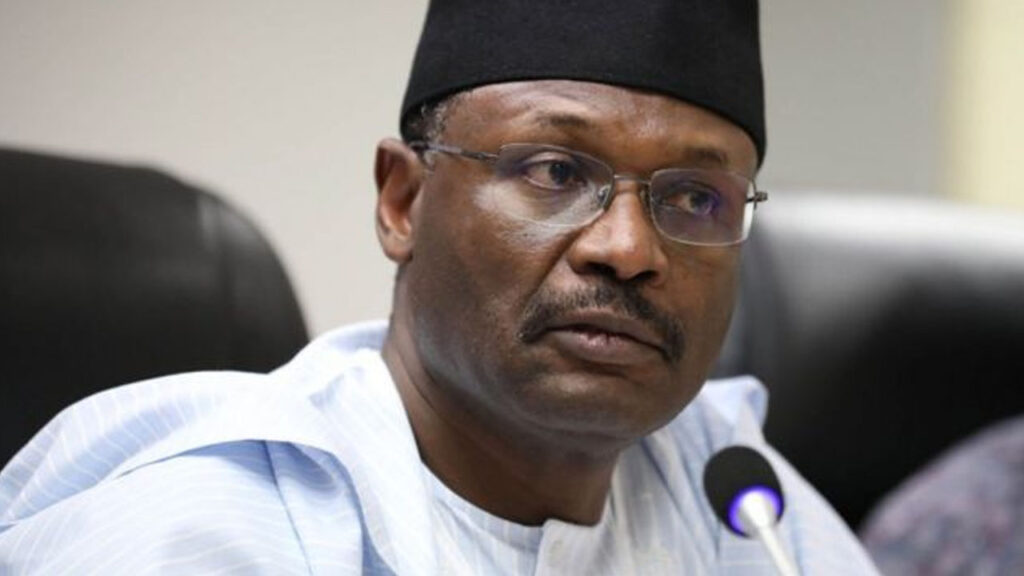
Pharmaceutical industries, under the auspices of the Federation of Nigerian Pharmaceutical Industry Associations (FeNPIA), have urged Federal Government to create a N600 billion Pharmaceutical Manufacturing Development Fund at five per cent interest over a minimum tenure of seven to ten years.
The fund, according to them, will support the local production of Active Pharmaceutical Ingredients (APIs), vaccines, critical supply chain interventions and Research & Development (R&D), among others.
President of FeNPIA, Dr. Okey Akpa, at the Pharmaceutical Stakeholders’ Consultative Forum, yesterday, in Lagos, stated that most local pharmaceutical companies in Nigeria import APIs to produce their drugs.
He disclosed that the fund would be channelled into bioequivalence studies, World Health Organisation (WHO) prequalification, Pharma manufacturing value chain, and regulatory development.
Akpa said they faced challenges that inhibit the expected growth; one such challenges is the importation of drugs and raw materials.
Ex-Health Minister, Julius Adelusi-Adeluyi, said: “As we look forward to a pharmaceutical industry that will make drugs available, accessible, and affordable, I appeal to Federal Government to encourage the players in the industry by addressing these challenges highlighted, review obsolete laws that are hindering growth of the industry and invest in R&D, among others.”
Minister of Health and Social Welfare, Prof Muhammad Ali Pate, said the Tinubu administration was putting everything in place to ensure that the pharmaceutical industry thrives and that Nigeria has affordable and safe commodities to improve the health of the population of this country. He said: “We know it is not easy for Nigerians at this period and time would come and Nigeria will rise again. We are confident that pharmaceutical industry will survive.
“Government is also concern about regulation of what is being produced in the country to ensure that only quality ones are produced.” Pate noted it was the first time government and pharmaceutical manufacturers were holding thigh-level meeting and that it would not be business as usual. President of Pharmaceutical Society of Nigeria (PSN), Prof Cyril Usifoh, reiterated the association’s request that pharmacists be recognised as primary healthcare providers.












